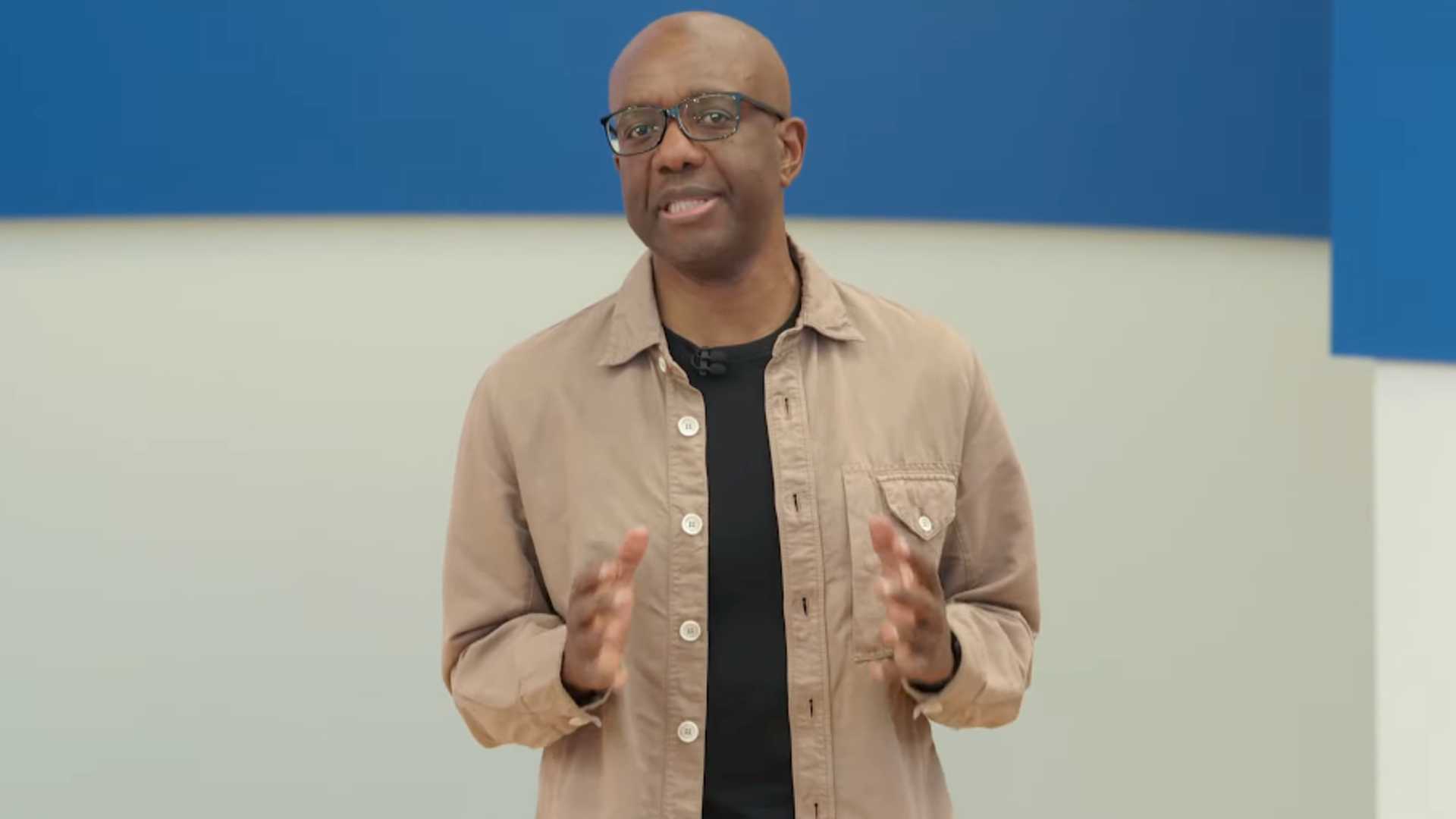Introduction to LearnLM: Google's New Family of AI Models for Education
Google has recently introduced a new family of generative AI models specifically tailored for learning, known as LearnLM. These models, a result of collaboration between Google's DeepMind AI research division and Google Research, are built upon Google's Gemini models. The primary goal of LearnLM is to provide conversational tutoring to students across various subjects, as highlighted by Google.
Features and Applications of LearnLM
Google has already integrated LearnLM into several of its products such as YouTube, Google's Gemini apps, Google Search, and Google Classroom. According to James Manyika, SVP of research, technology, and society at Google Research, LearnLM is grounded in educational research, aiming to enhance learning experiences by personalizing and engaging students. As highlighted by Classroom Updates - The Keyword image.
One of the key applications of LearnLM is in Google Classroom, where it is being tested to simplify and enhance the lesson planning process for educators. LearnLM assists teachers in discovering new ideas, content, and activities tailored to specific student groups, thereby facilitating a more customized approach to education.
Practical Implementations of LearnLM
LearnLM is actively used in various tools and features. For instance, Circle to Search on Android leverages LearnLM to assist users in solving basic math and physics problems, with future capabilities to understand complex symbols and diagrams. Moreover, on YouTube, there is a feature powered by LearnLM that enables users to ask questions, seek explanations, or take quizzes related to academic videos. As shown in the image Google's new LearnLM AI model focuses on education - The Verge.
In the upcoming months, Google plans to introduce custom chatbots powered by LearnLM within its Gemini apps. These chatbots will serve as subject-matter experts, offering study guidance, practice activities like quizzes and games, and respecting individual learning preferences.
Future Collaborations and Expansion
Google intends to collaborate with renowned educational institutions including Columbia Teachers College, Arizona State University, NYU Tisch, and Khan Academy to explore the potential extensions of LearnLM beyond Google's own products. This collaborative approach aims to further enhance the educational impact of LearnLM on a broader scale.
James Manyika emphasized the significance of generative AI in revolutionizing the accessibility and utility of information and knowledge worldwide. Despite its promising nature, a technical paper on LearnLM's development highlights some challenges, including tone inconsistencies and hallucinations common to generative AI models. As seen in the intelligent tutoring image.
Conclusion
While LearnLM represents a significant advancement in AI-driven education, ongoing evaluation and refinement are essential to address its limitations and ensure its effectiveness in educational settings. Google's commitment to enhancing learning experiences through technology showcases a promising future for the integration of AI in education.




















